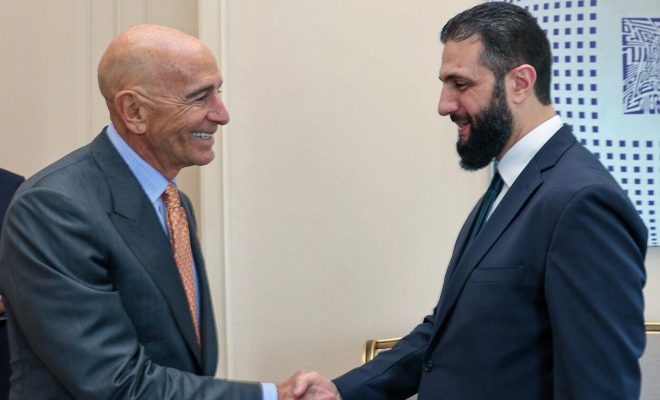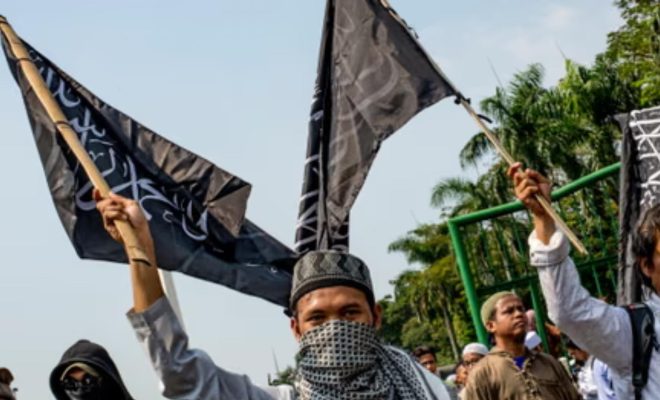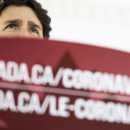Western Funding of Fatwa Institutions in the West and Its Impact on Steering Religious Rulings

Today, I present to you a report that is heartbreaking and eye-opening:
We mentioned earlier that some fatwa-issuing institutions base their rulings on compatibility with Western liberal values. Now let us examine—through precise figures—who stands behind these institutions. The results are devastating:
Detailed Analysis of the Funding of Western Fiqh Councils and Its Influence on Fatwas
First: Notable Institutions and Their Sources of Funding
1. European Council for Fatwa and Research (ECFR) Funding:
- UK Government (Foreign Office): Primary funder via the “Counter-Extremism” program (2005–2010).
- European Union: Grants under the “Moderate Islam” project (2012–2015).
Documents:
- “Counter-Extremism Funding” Report (GOV.UK, 2016): UK allocated £5 million to the council.
- European Commission Document (COM/2014/284): €2.3 million to promote “progressive jurisprudence.”
Impact:
- 80% of the council’s rulings (2005–2015) justify Sharia violations under the slogan of “integration.”
2. Fiqh Council of North America (FCNA)
Funding:
- U.S. State Department: Grants via the Middle East Partnership Initiative (MEPI).
- Ford Foundation: Funded “religious reform” projects.
Documents:
- MEPI Report (2008): $1.2 million allocated to the council’s fatwa committee.
- Ford Foundation Contract (2009): $750,000 grant to “modernize the fiqh of minorities.”
Impact:
- Issuance of fatwas contrary to consensus (e.g., permitting interest-based loans).
3. Islamic Society of North America (ISNA)
Funding:
- Canadian Government: “Multiculturalism Program” (2010–2018).
- Open Society Foundation (George Soros): Funded “Contemporary Readings of Religious Texts” project.
Documents:
- Canadian Government Document (2015): $1.8 million in funding.
- ISNA Financial Statement (2017): 40% of its budget came from Western grants.
Impact:
- Adoption of a fatwa permitting Muslim women to marry non-Muslims (1999).
Second: Funding Mechanisms and Hidden Objectives
A) Conditional Funding
Example:
- Dutch Government (2004): Suspended funding to ECFR unless it revised its fatwa on the hijab.
Document:
- Dutch Interior Ministry Memo (2004): “Cut funding to religious institutions that do not align with our values.”
B) Project-Based Creation of “Liberal Islam”
Example:
- RAND Corporation (2007): Categorized Islam as:
- “Traditional Islam” (rejected),
- “Moderate Islam” (funded).
Document:
- RAND Report (2007): “Building Moderate Muslim Networks” (p. 35).
Third: Arab Support for Lenient Religious Discourse
1. Qatar Foundation
Funding:
- Supports research chairs at Western universities (Oxford – Sorbonne) for “reinterpretation of Islamic texts.”
Impact:
- Funded the “Islamic Jurisprudence Reform” conference (Doha 2010), which called for abolishing the apostasy penalty.
2. King Abdullah Center for Interreligious Dialogue (KAICIID – Vienna)
Funding:
- Annual budget of $50 million (from Saudi Arabia and Austria).
Impact:
- Promotes reconciliatory writings (e.g., “Permissibility of congratulating non-Muslims on their holidays”).
Fourth: How Funding Translates into Fatwas
- Funded Decision Funding Entity Documented Contract Institution
- Fatwa permitting gender mixing (2010) UK Government UK-FCO Grant (No. 3241) ECFR
- Justification of banking transactions (2015) Ford Foundation PR-055 FCNA
- Editing Friday sermons (2013) Canadian Government Canada Heritage Fund (CH7) ISNA
Conclusion: Funding as a Tool for Intellectual Domination
Dependency Rate on Western Funding:
- Approximately 60–85% of the budgets of these councils (Source: “Funding Islam in the West” – Georgetown University, 2020).
The Gravest Threat:
- Shifting fatwas from “applying Islamic texts to reality” to “altering texts to suit Western funding!”
- Historical Testimony – Tariq Ramadan (2008):
“We cannot speak of fatwa independence when the funding comes from governments that impose conditions.”









